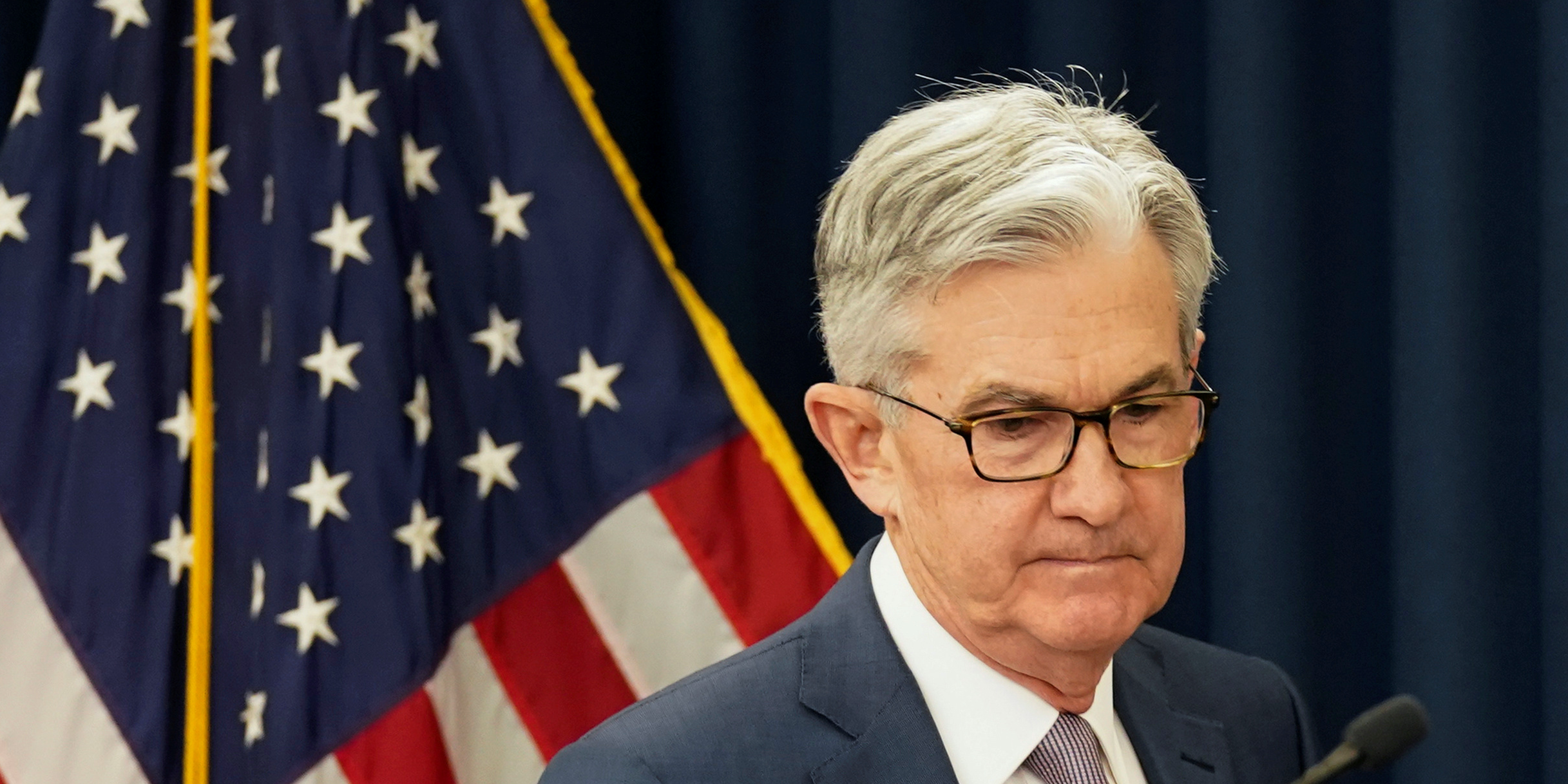- The world’s biggest credit ETF took in $1.06 billion on Monday as traders rotated back into corporate bond bets, Bloomberg reported.
- The iShares iBoxx $ Investment Grade Corporate Bond ETF ended the day up 7.4% after the Federal Reserve announced it will begin buying corporate bonds and credit ETFs amid the coronavirus’s hit to economic activity.
- Monday’s inflows were the second-biggest in the ETF’s history, according to Bloomberg.
- The influx of investor cash follows record retreats from investment-grade and high-yield debt funds in the week ended March 19, according to Bank of America.
- Watch LQD trade live here.
Investors chased newly optimistic corporate credit bets on Monday after the Federal Reserve announced plans to buy up bonds and credit exchange-traded funds.
The iShares iBoxx $ Investment Grade Corporate Bond ETF took in $1.06 billion as traders looked to outpace the central bank’s purchases and ride a surge in credit health, Bloomberg reported Tuesday. The world’s biggest credit ETF ended the day up roughly 7.4%.
Monday’s inflows were the second-biggest in the ETF’s history, according to Bloomberg, falling $30 billion shy of its 2016 single-day record.
The Fed took its biggest step yet to support the US economy on Monday morning. The reserve bank unveiled plans to purchase corporate bonds and credit ETFs in an unprecedented step to aid the threatened market. A Secondary Market Corporate Credit Facility will allow the bank to purchase up to 10% of a company’s outstanding bonds and ETFs “whose investment objective is to provide broad exposure to the market for U.S. investment grade corporate bonds,” the bank said.
Limitless Treasury bill and mortgage-backed security purchases will further "support smooth market functioning and effective transmission of monetary policy," the Fed said in a statement. The Treasury Department will make an initial $10 billion investment in the facility through the Exchange Stabilization Fund, the central bank added.
The coronavirus's hit to economic activity prompted new worry around firms' default risks. Traders fled investment-grade and high-yield debt at a record pace in the week ended March 19, Bank of America said in a Friday note. LQD now trades at a 3% premium to its underlying assets after sitting at a 5% discount just last week, according to Bloomberg.
LQD traded at $116.06 as of 1:05 p.m. ET Tuesday, down about 9.7% year-to-date.
Now read more markets coverage from Markets Insider and Business Insider:
US economic activity tanks the most since 2009 as the coronavirus fuels an all-but-certain recession


